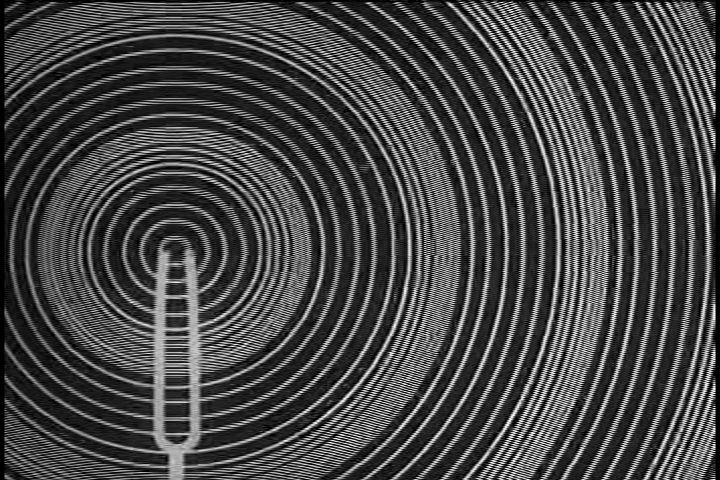Predicting the sound of the future is an indvidious task. Listening again to the work of Francesco Balilla Pratella who wrote the Manifesto of Futurist Musicians in 1910, it is surprising just how dated the music is.
It could have been an Italian version of the piano sonatas that Stravinsky wrote but disavowed later in his life as being too like late Beethoven. Pratella’s piano piece, La Guerra, captures a world of established structures collapsing; what we understand as the tonality is frequently suspended but never fully lost. The focus on chords and their progression is dissolving but we recognise the series of notes played on the piano. It sounds like Europe as it plunged into the First World War.
If however we listen to Pratella’s fellow Futurist, Luigi Russolo, to his piece the Awakening of a City, we hear a world of sound which has not yet been realised. It challenges the very notion of music. He built new instruments, gave them disorientating names such as the ‘scoppiatore’ or exploder and the gracidatore or ‘croaker’ and made sound poems with them. As well as giving birth to a whole avant-garde world of music concrete, he also gave rise to the technical experimentation with instrumentation which ultimately provided us with the synthesiser but also the electric guitar.
To concentrate on the sound of the future, then, is to concentrate not on the music of the future – which will always date – but on the sound. Russolo was interested in sound as a means of understanding the individuals relation to the city. “Let us wander through a great modern city with our ears more attentive than our eyes, and distinguish the sounds of water, air or gas in metal pipes, the purring of motors, “ he wrote in his book, L’Arte dei Rumori, (The Art of Noises.)
Over 100 years later, Be Open Future have imagined the sounds of our future and have presented them to the public for feedback. The focus on the sounds of new machinery is still present in these imaginings. The operation of digital communication is our new technology and can easily be imagined as the sound of our future. Once Russolo found the operation of our city to be music, now perhaps instead of the sound of a whole city, it is the sounds of the small devices that help us orientate that city that will become the new music.
Or maybe not. The music of these devices – the start up sound for Skype – is already musicalised, already packaged for us as the future. With the greater control that digital technology offers, our sounds can be made more tuneful than they were in an industrial age. Far more telling is the sound, dubbed “Back to the Planet”, which unsurprisingly is the most popular, because it gives two potential readings of our future. On an optimistic level it is the sound of a world in harmony with nature made possible through environmentally clean technology. On a pessimistic level it is sound of mankind having been replaced by nature. Personally, it makes me feel nostalgic for Russolo’s strange engines of industrial sound.











